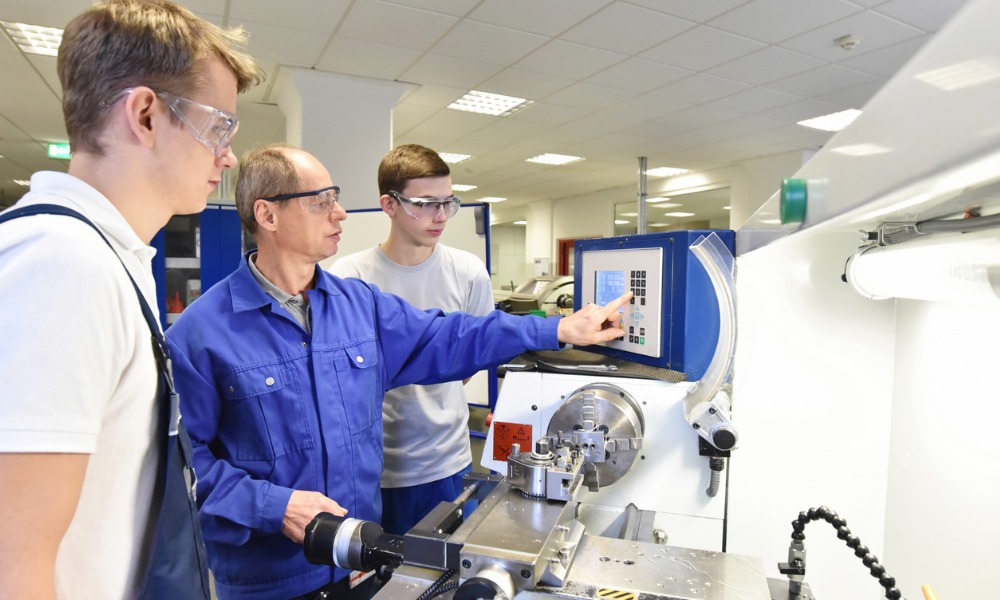
Are leaders doing enough to prepare them for the future of work?

Are Gen Z-ers aware of the changing nature of work?
While the corporate world prepares for the impact of technology and automation on the way we work, Gen Z students remain worryingly ill-informed, found OECD’s latest study.
‘Traditional’ occupations such as doctors, teachers, veterinarians, business managers, engineers and police officers continue to capture the imaginations of young people as they did nearly 20 years ago.
“The high, and increasing, concentration of students’ career expectations raises questions about the extent to which young people are aware of the availability of current and future jobs,” cited the study.
“This is a matter of concern because analyses by the OECD, the World Economic Forum and other research organisations have highlighted the volatility of the current and projected jobs market.”
READ MORE: Davos 2020: Why are reskilling efforts failing?
The OECD study, in collaboration with FutureFit AI, analysed data and found that young people are unaware of the risk of automation on different job roles.
FutureFit AI’s analysis showed that outside of the top five or ten jobs, many young people select jobs at much higher risk of automation. In all, 39% of the jobs cited by students run the risk of being automated within the next 10 to 15 years.
Despite this, according to students, the most popular careers such as health professionals and social, cultural and legal professionals, tend to be at low risk of automation.
Speaking at the World Economic Forum in Davos, Switzerland, where the findings were discussed by educationists, business leaders, teachers and school students, OECD Education Director Andreas Schleicher commented on the results.
“It is a concern that more young people than before appear to be picking their dream job from a small list of the most popular, traditional occupations, like teachers, lawyers or business managers,” Schleicher said.
“The surveys show that too many teenagers are ignoring or are unaware of new types of jobs that are emerging, particularly as a result of digitalisation.”
The report also found that gender continues to exert a strong influence. Among students who score highly in the PISA tests, it is overwhelmingly males who more often expect to work in science and engineering. The data also shows that high achievers do not always aim to their potential.
The report also points to the frequent misalignment of young people’s career aspirations with the education and qualifications required to achieve them.
Addressing this challenge requires ensuring effective systems of career guidance combined with a close engagement with the working world, said OECD.
Top 10 career ambitions cited by females:
Top 10 career ambitions cited by males: